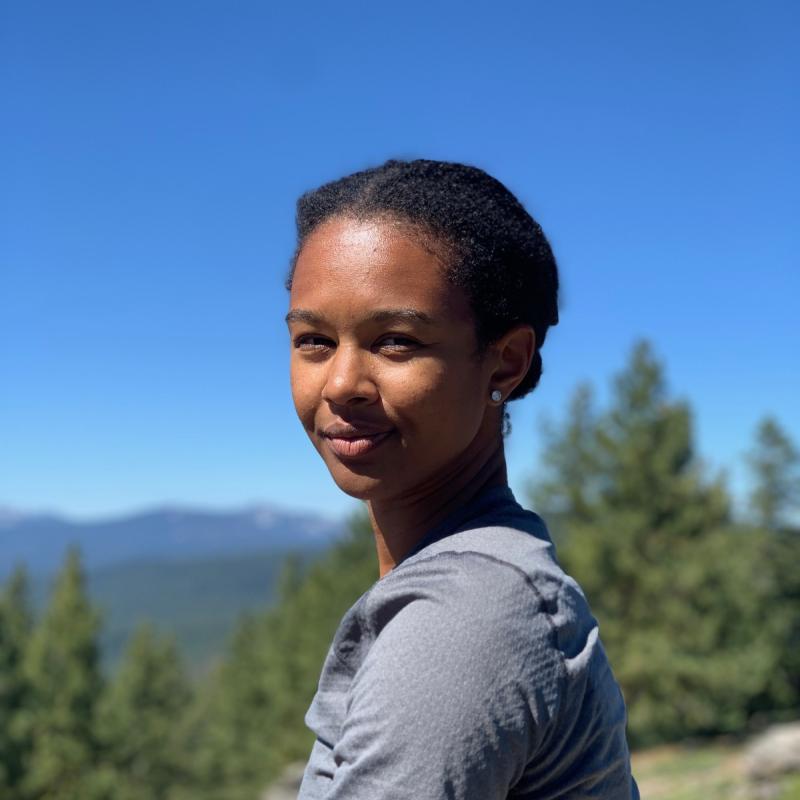
Tom Nachtigal
Just a few years ago Tom Nachtigal was well on her way to becoming an international human rights lawyer, when her decision to intern for the Ministry of Justice of Israel altered her professional path and ultimately brought her to the GSE.
While working on international claims against the state, Nachtigal, who is from Israel, was exposed to several cases involving young people who had committed hate crimes in the region. That led her to want to investigate what was causing this hate-based mindset among youth, and what could be done to change it.
“I realized that there are deeper socializing factors that led us to where we’re at, and no matter the legal advice I provided, it wouldn’t change the really violent reality that we’re living in,” said Nachtigal, a doctoral student in the GSE’s International Comparative Education (ICE) program. “That got me interested in what’s going on in our education systems, what ideologies our young people are adopting, and how we can use education as an intervention to prevent violence.”
Nachtigal, who earned a master’s in human development and education from the Harvard Graduate School of Education prior to coming to the GSE, studied law and international relations as an undergraduate at the Hebrew University of Jerusalem, and received a master’s in international law and legal studies from Columbia Law School.
She is one of four Knight-Hennessy Scholars (KHS) at the GSE this year, a cohort of 84 Stanford graduate students across disciplines who will learn and collaborate together, all while being trained up as leaders in their respective fields and communities.
“I’m really looking forward to seeing who I am on the other side of KHS,” Nachtigal said. “And using my expertise to contribute to helping other scholars understand the challenges they’re hoping to solve.”
While pursuing her doctoral degree, Nachtigal hopes to see how aspects of human development that are embodied through learning can contribute to decreasing violence both in conflicts back home and globally.
“Hopefully we can draw from that evidence to inform education policy, or the practice of teaching,” Nachtigal said. “With certain levels of conflict, it’s almost delusional to think that there is anything one can do to contribute to its resolution. But anything I can do to lessen human rights violations is something I’m happy to give my life to.”
Photo: Micaela Go | Words: Olivia Peterkin



